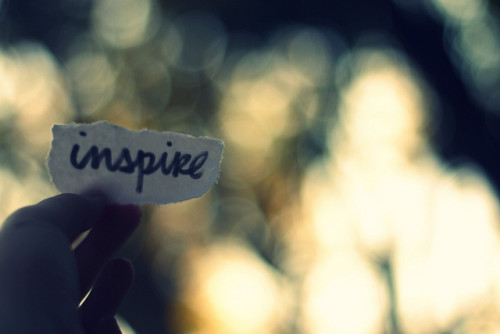
Usually when writers blog it’s because they’re already published or about to be. But I’m blogging in real time, before I’m an author or agented so you can know what the journey is really like.
Here’s the truth of it. While there have been wonderful news like having my first children’s story published with audio and illustrations to boot, an article in ASJA magazine and an essay published in spring for a journal I’m super excited to eventually share, there have been rejections. Or no news.
My 2020 PBChat mentorship has ended and I haven’t left with an agent or contract. But this is what it’s like to be a writer so I’m used to it. I’m too busy working on other articles and honing my craft to notice my empty inbox. Well, too much.
While I work on my picture books and novel, I wanted to share a few things I learned at this year’s Writer’s Digest Novel Writing Conference. It was a few weekends ago, and this is the first time I’ve had a chance to sit down and really process all the insightful nuggets I’ve garnered from it. To save you money and time, I’ve grilled down the best things I’ve learned into a few takeaways that were writer life-changing:
- If you’re stuck in your novel, try writing dialogue from an overheard conversation. It’s a sneaky and pretty brilliant way to spark interest as well as reveal character, add information to further that plotline. You get three for the price of one with this technique.
- Instead of directly telling the reader what you want them to know, show them with dialogue.
- An easy cut: Take out unnecessary dialogue where nothing is happening.
- Dialogue has an entrance (banter at the beginning of the scene with its own rhythm). Then, you go to the reason why they’re talking and finally an exit.
- We rarely tell the full truth in real life. Our dialogue should reflect that.
- Read your dialogue aloud like a play.
- When revising, remember your story is more important than beautiful writing (something I’m guilty of doing focusing more on the writing than the actual story), ask why your character is doing something, and what misbelief they have about the world that made them act this way and have them confront it by the end of the story?
What writing tips have been life-changing in your writing journey?
![]()


